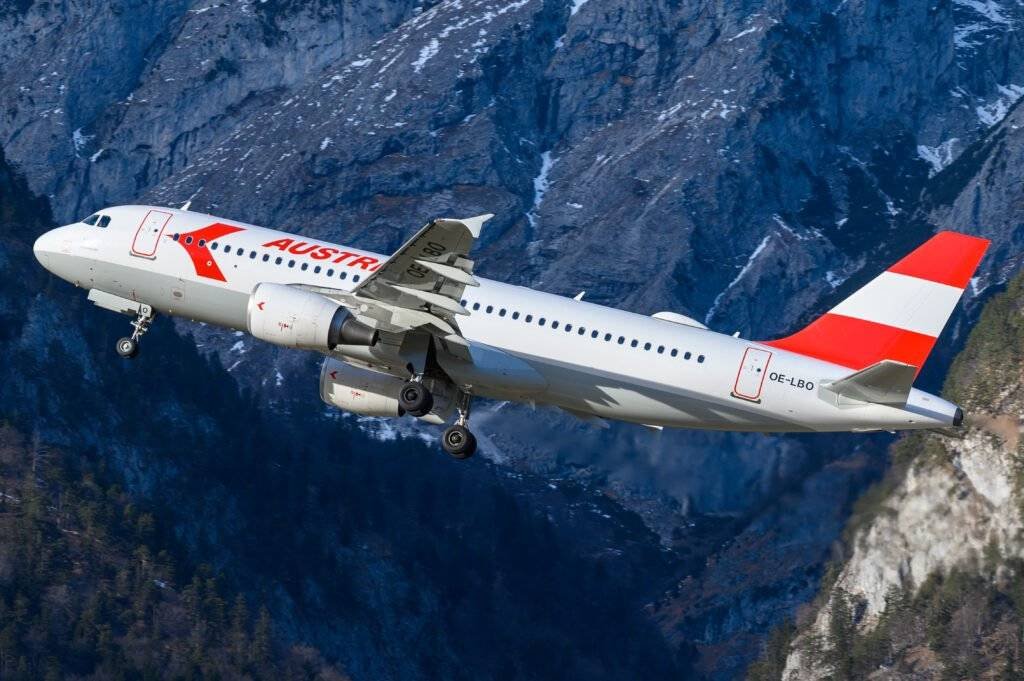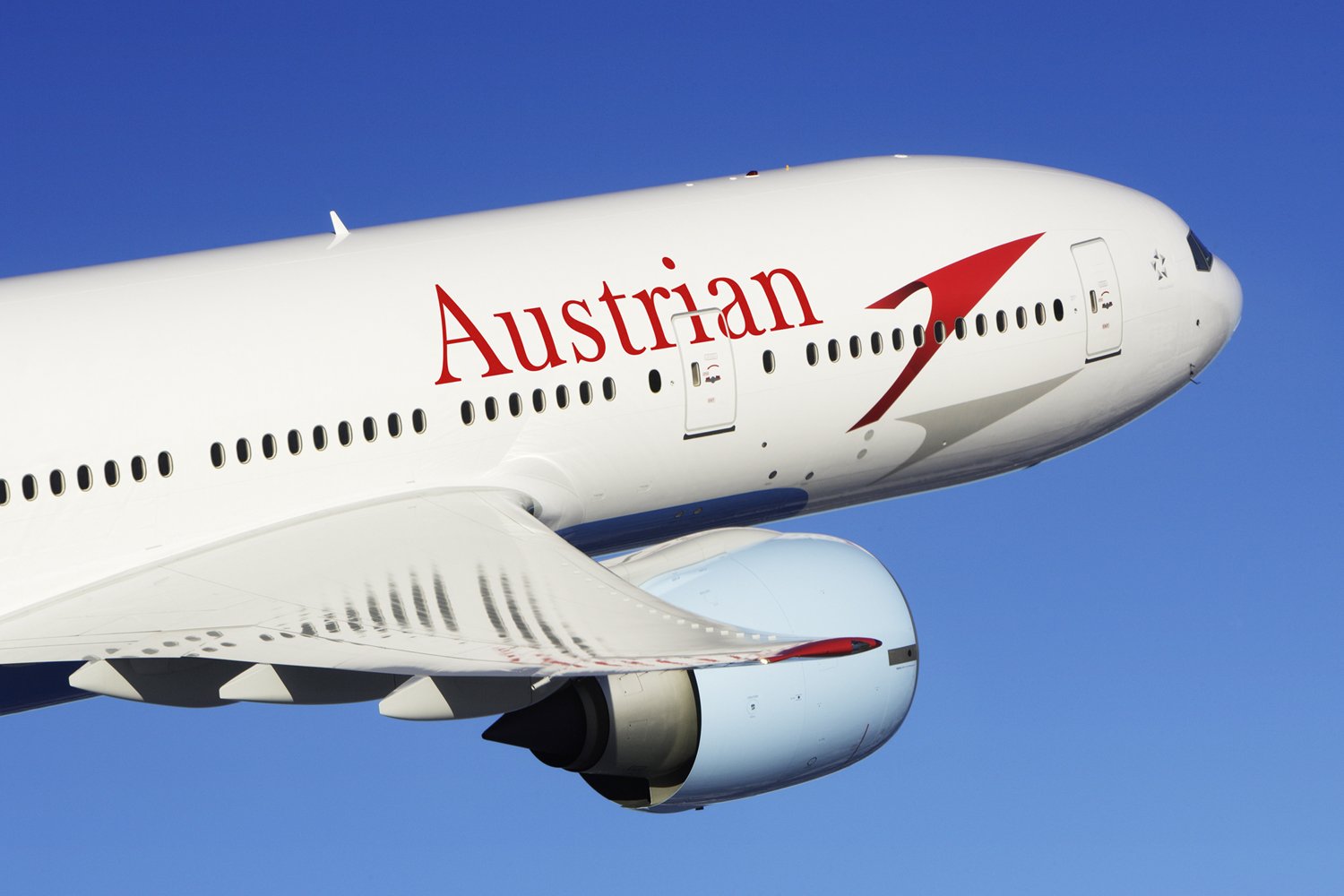In a move reflecting growing geopolitical unease, Austrian Airlines has joined the ranks of major international carriers adjusting operations amid escalating tensions in the Middle East. This decision mirrors actions taken by other airlines, most notably Lufthansa, in response to the volatile situation. This article explores the details and implications of these decisions, emphasizing the paramount importance of safety in aviation.
Austrian Airlines’ Decision
Austrian Airlines, the national carrier of Austria, has officially suspended all its flights to Iran, including the six weekly services between Vienna International Airport and Tehran’s Imam Khomeini International Airport, until at least April 18. This suspension comes as the region grapples with increased tension, prompting a reevaluation of safety protocols. The airline stated, “For Austrian Airlines, the safety of its passengers and crews has top priority. The situation in the Middle East is being evaluated on an ongoing basis. To this end, Austrian is in close contact with the authorities.”
Context of Tensions
The decision by Austrian Airlines is set against a backdrop of heightened tensions following several geopolitical incidents in the region, including a recent strike on Iran’s consulate in Syria. This has led to a complex security landscape for airlines operating in and around Iranian airspace.

Implications for Passengers
For passengers, the immediate impact is a disruption to travel plans. However, the focus remains squarely on their safety. Austrian Airlines and other carriers are rerouting flights to avoid Iranian airspace, a decision not made lightly. “Routes that pass through Iranian air space will also be modified. The safety of our passengers and crews have highest priority,” an official statement confirmed.
Reactions from the Aviation Industry
The industry-wide response includes similar adjustments by other carriers, such as Qantas and Air India, who are also avoiding the region’s airspace. These decisions highlight a global commitment to safety over convenience, emphasizing a cautious approach in response to potential threats.
Historical Incidents
The aviation sector’s cautious stance is informed by past tragedies, such as the downing of MH17 over Eastern Ukraine in 2014 and UIA Flight 752 in Iran. These incidents underscore the risks associated with flying over conflict zones and have profoundly influenced operational strategies across the industry.
Strategic Importance of Airspace Management
The management of airspace in volatile regions is a crucial strategic operation for airlines. It involves constant communication with international aviation bodies, intelligence agencies, and other airlines to share critical information regarding potential threats. By rerouting flights, airlines demonstrate their adaptability and commitment to safety, albeit often at the cost of longer flight paths and increased fuel consumption.
Economic Impact on Airlines
The decision to avoid certain airspaces can have significant economic implications for airlines. Rerouting flights leads to longer airtime and higher operational costs. For airlines like Austrian Airlines, which operate on thin profit margins, such decisions can affect financial performance. Despite these challenges, the industry widely accepts that safety cannot be compromised for cost savings.
Public and Stakeholder Perception
Public perception of airline safety and operational decisions can greatly influence an airline’s reputation. Decisions to reroute or suspend flights are closely watched by passengers, stakeholders, and the media. Transparent communication from airlines about their decisions is crucial in maintaining trust and loyalty among passengers who prioritize safety above all else.
Conclusion
As tensions in the Middle East continue to influence global aviation routes, airlines like Austrian Airlines are taking proactive steps to ensure the safety of all passengers and crew. This scenario serves as a reminder of the complex interplay between international relations and commercial aviation.
More on Civil Aviation
Pakistan Government Initiates PIA Privatization Tender
How Much Does It Cost to Lease an Airbus A320 Aircraft?

